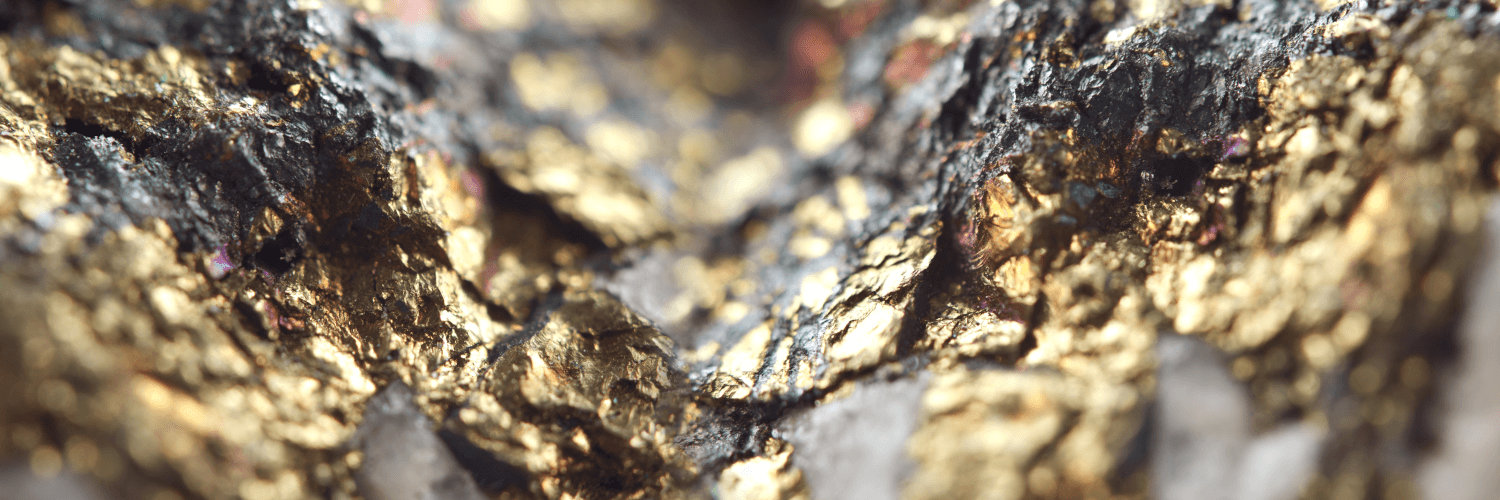

Centerra Gold Inc
TSX:CG

Centerra Gold Inc
Centerra Gold Inc., a prominent player in the mining industry, stands as a testament to the complex and rewarding world of gold extraction. Headquartered in Toronto, Canada, Centerra Gold has carved a niche for itself through its robust portfolio of gold and copper mining operations. The company’s primary mode of operation revolves around the exploration, extraction, and distribution of precious metals, with significant assets in North America and Asia. Its flagship operation, the Kumtor mine in the Kyrgyz Republic, has been a cornerstone of its success, contributing significantly to gold production and revenues. Alongside Kumtor, Centerra operates the Mount Milligan mine in Canada, which not only yields gold but also copper, ensuring a diversified revenue stream that safeguards against the volatility of gold prices.
Centerra's profitability hinges on its ability to efficiently manage its mining operations, optimize output, and control costs. By leveraging advanced technology and adhering to strict environmental and safety standards, the company manages to maximize the value extracted from each mining site. The revenues generated from selling extracted gold and copper in global markets are reinvested back into the business, funding exploration activities and sustaining future growth. Moreover, by maintaining strategic partnerships and focusing on operational excellence, Centerra Gold continues to fortify its standing in the mining sector, demonstrating resilience and adaptability in the face of global economic fluctuations and regional political challenges. The company not only aims for financial growth but also ensures adherence to sustainable practices, emphasizing its commitment to responsible mining.

Centerra Gold Inc., a prominent player in the mining industry, stands as a testament to the complex and rewarding world of gold extraction. Headquartered in Toronto, Canada, Centerra Gold has carved a niche for itself through its robust portfolio of gold and copper mining operations. The company’s primary mode of operation revolves around the exploration, extraction, and distribution of precious metals, with significant assets in North America and Asia. Its flagship operation, the Kumtor mine in the Kyrgyz Republic, has been a cornerstone of its success, contributing significantly to gold production and revenues. Alongside Kumtor, Centerra operates the Mount Milligan mine in Canada, which not only yields gold but also copper, ensuring a diversified revenue stream that safeguards against the volatility of gold prices.
Centerra's profitability hinges on its ability to efficiently manage its mining operations, optimize output, and control costs. By leveraging advanced technology and adhering to strict environmental and safety standards, the company manages to maximize the value extracted from each mining site. The revenues generated from selling extracted gold and copper in global markets are reinvested back into the business, funding exploration activities and sustaining future growth. Moreover, by maintaining strategic partnerships and focusing on operational excellence, Centerra Gold continues to fortify its standing in the mining sector, demonstrating resilience and adaptability in the face of global economic fluctuations and regional political challenges. The company not only aims for financial growth but also ensures adherence to sustainable practices, emphasizing its commitment to responsible mining.
Strong Free Cash Flow: Centerra generated nearly $100 million of free cash flow in Q3, benefiting from strong operations and higher metal prices.
Robust Balance Sheet: Cash balance rose above $560 million, supporting growth projects and shareholder returns.
Operational Highlights: Gold and copper production totaled almost 82,000 ounces and 13.4 million pounds, respectively.
Guidance Reaffirmed: Full year cost and production guidance for both Mount Milligan and Oksut remain at the low or upper end of prior ranges.
Mount Milligan Extended: Pre-feasibility study extended mine life to 2045, increased reserves, and outlined $186 million in disciplined capital spending mostly in the 2030s.
Shareholder Returns: Over $95 million returned year-to-date via dividends and buybacks; share buyback authorization increased to $100 million for 2025.
Sustainability Initiatives: Progress made on renewable diesel pilot and First Nations partnerships; continued focus on reducing carbon footprint.


